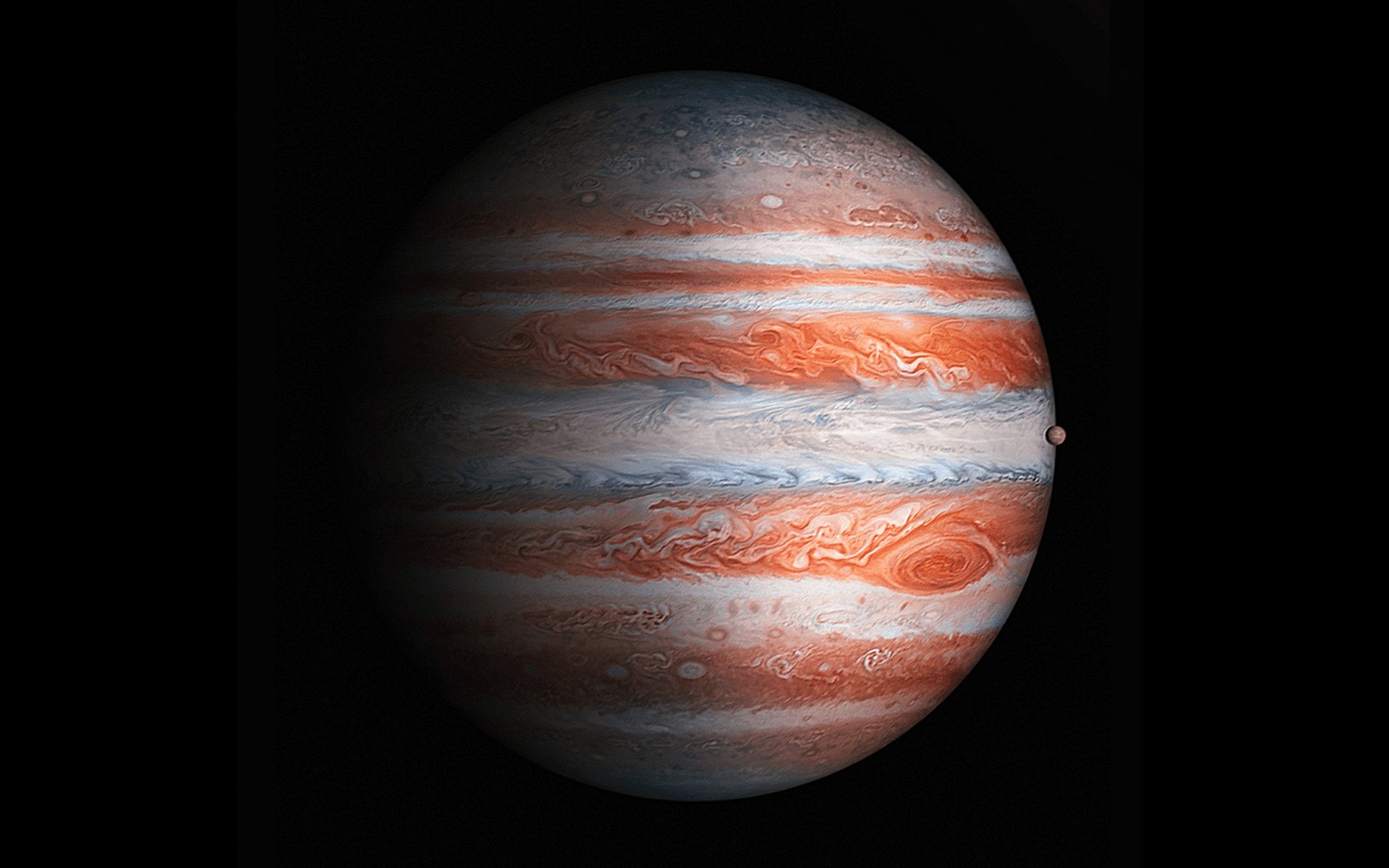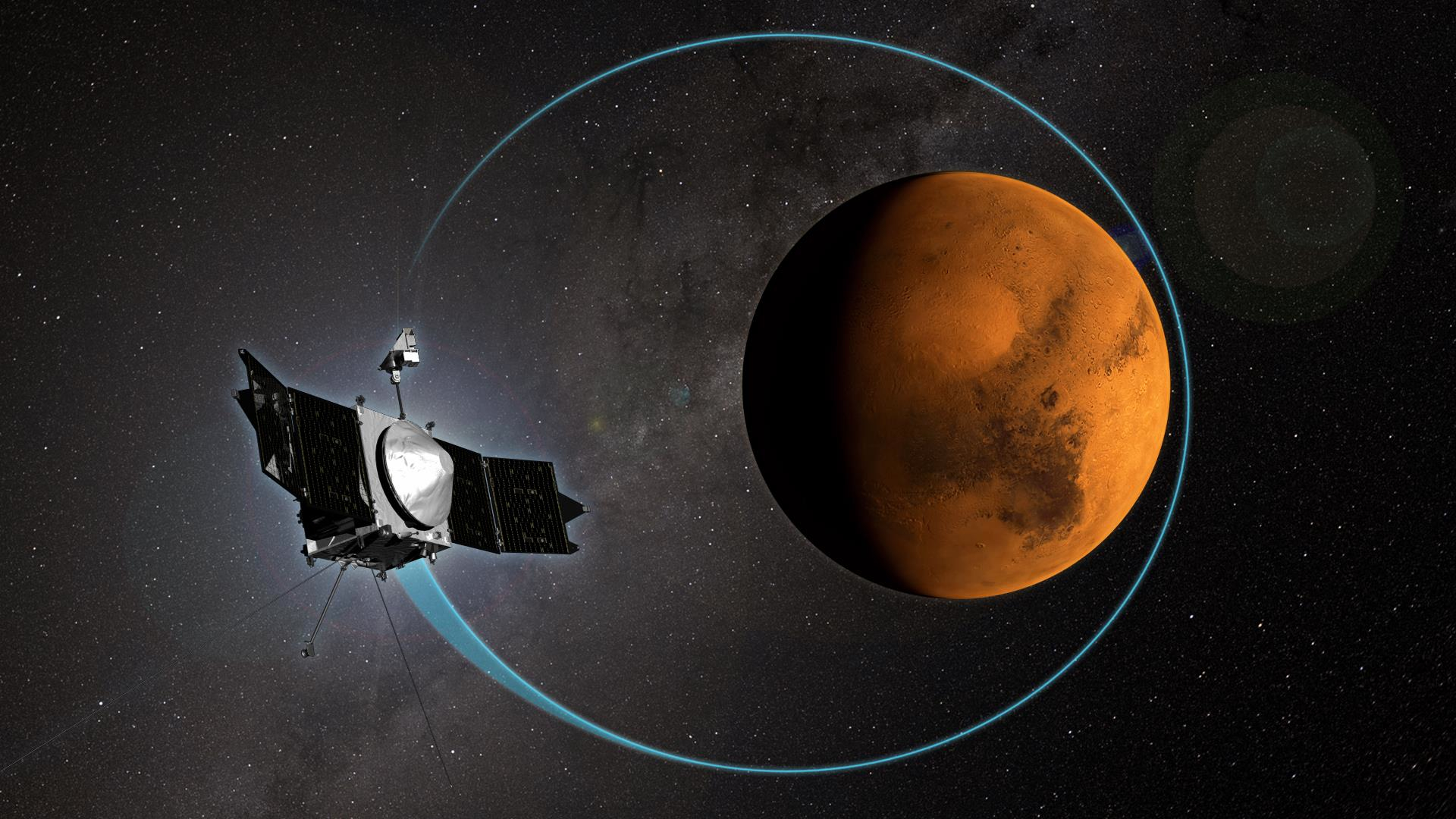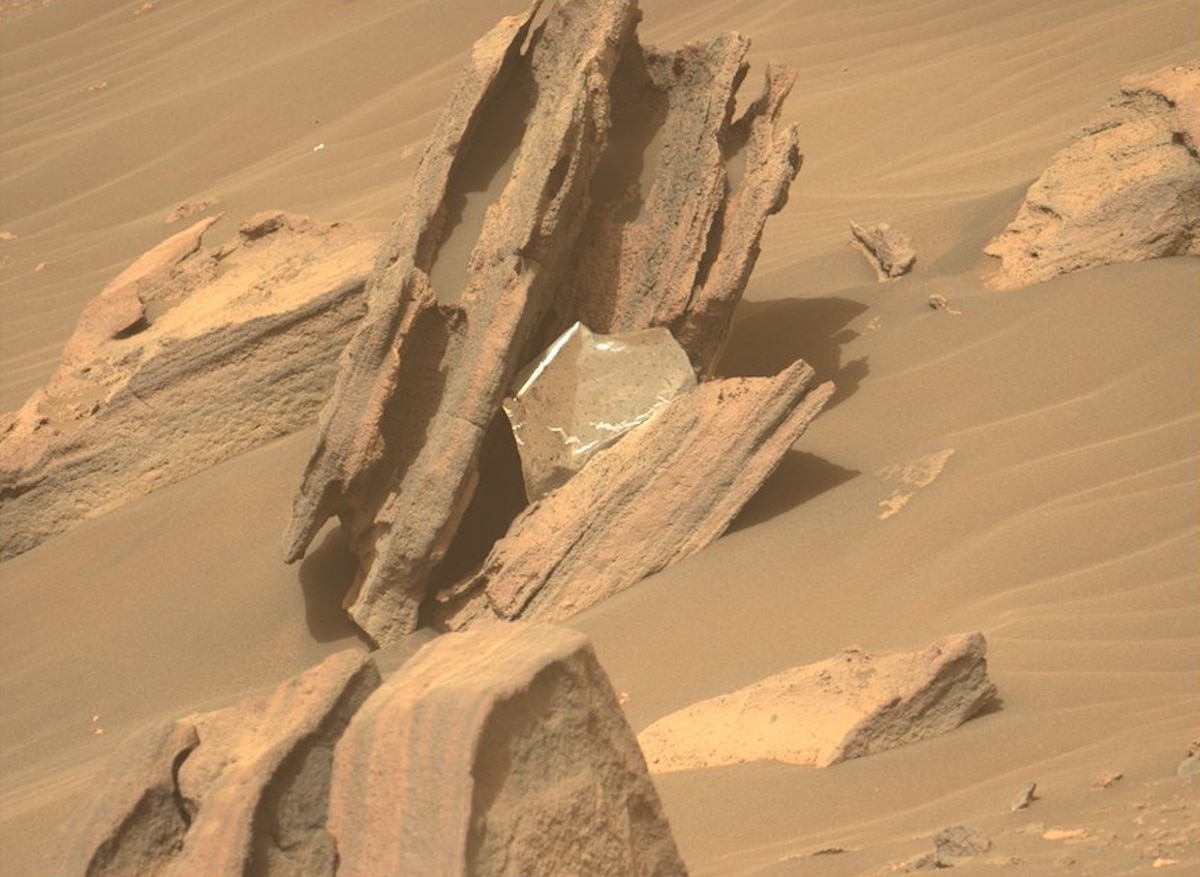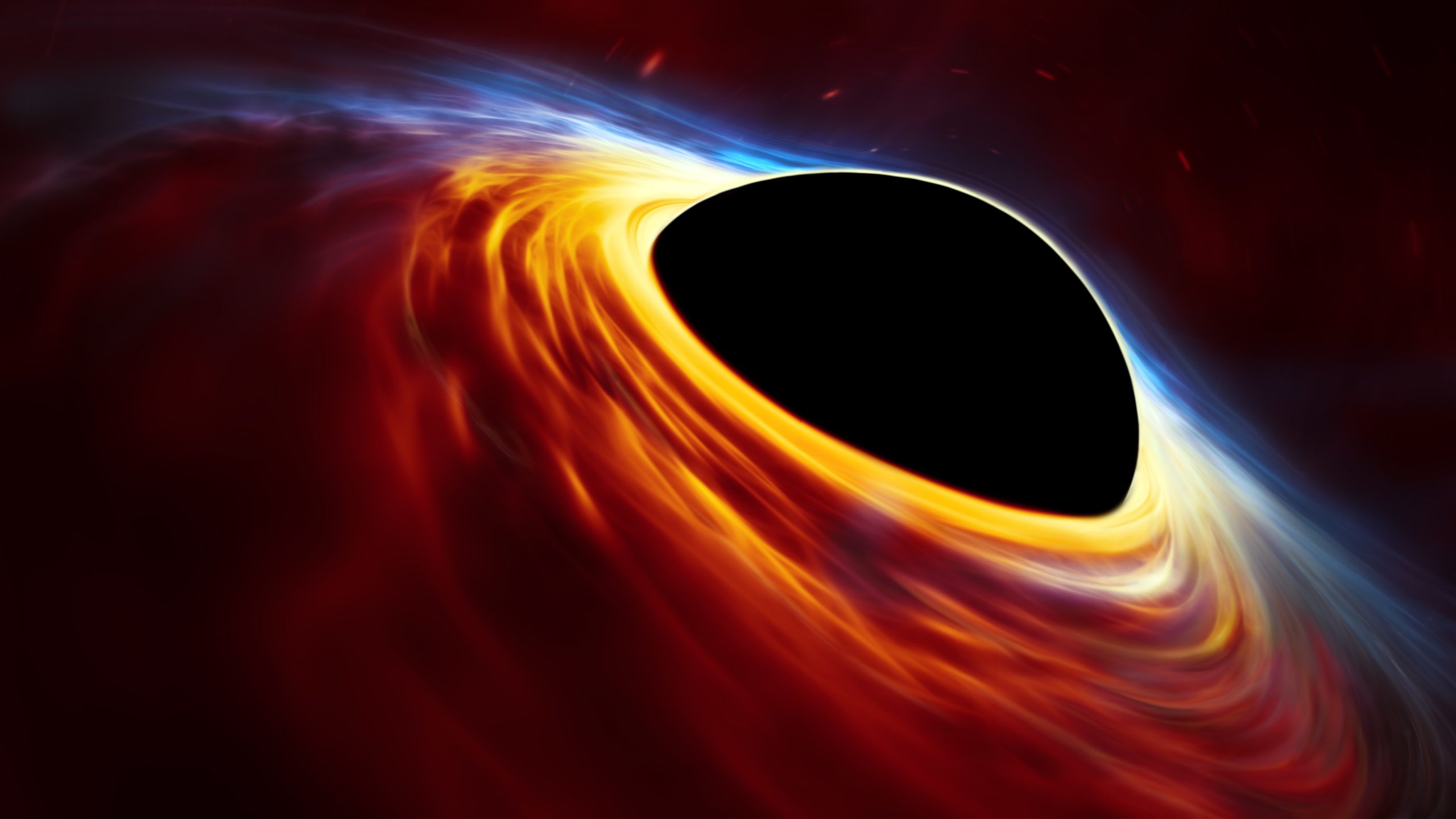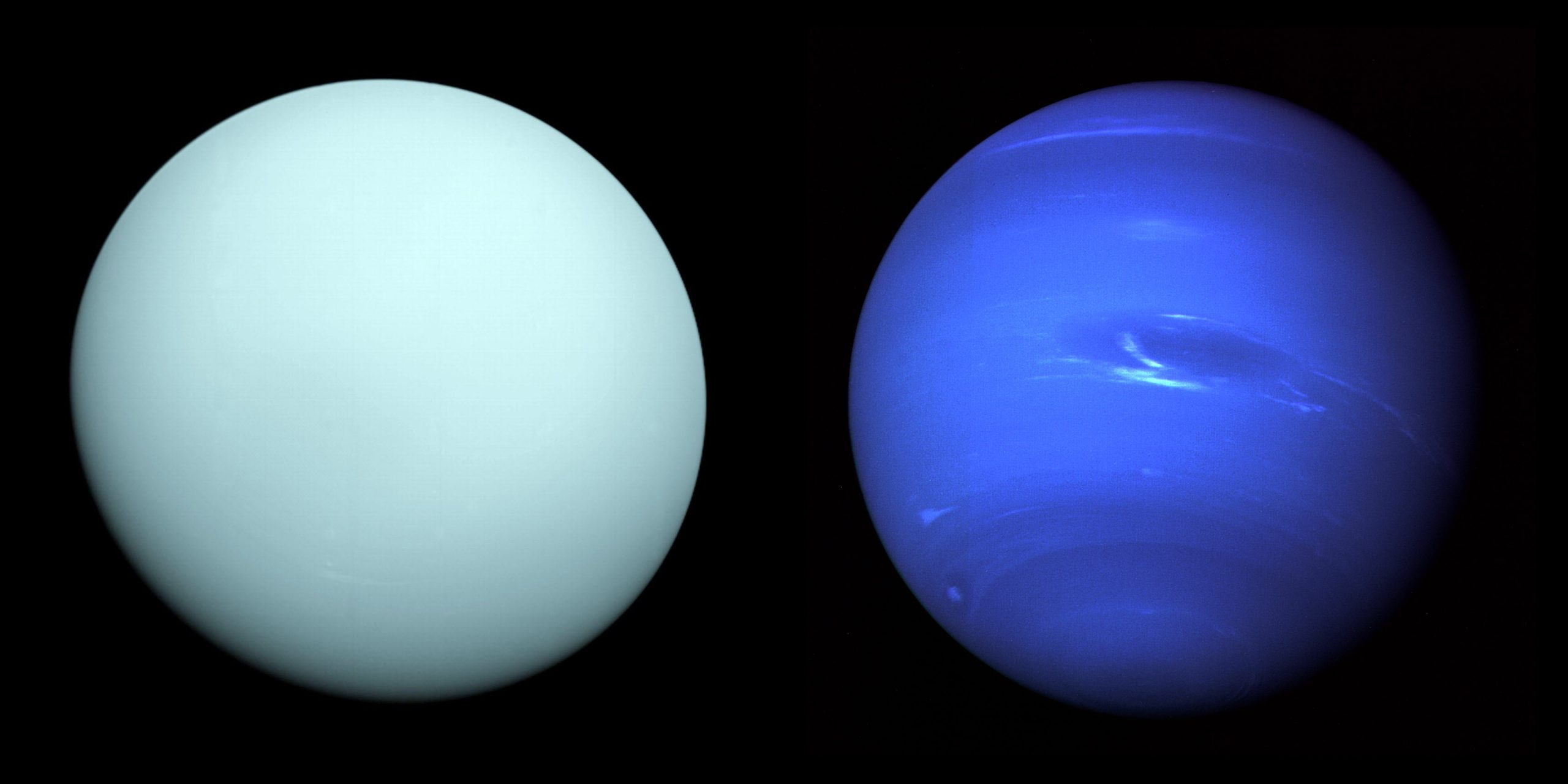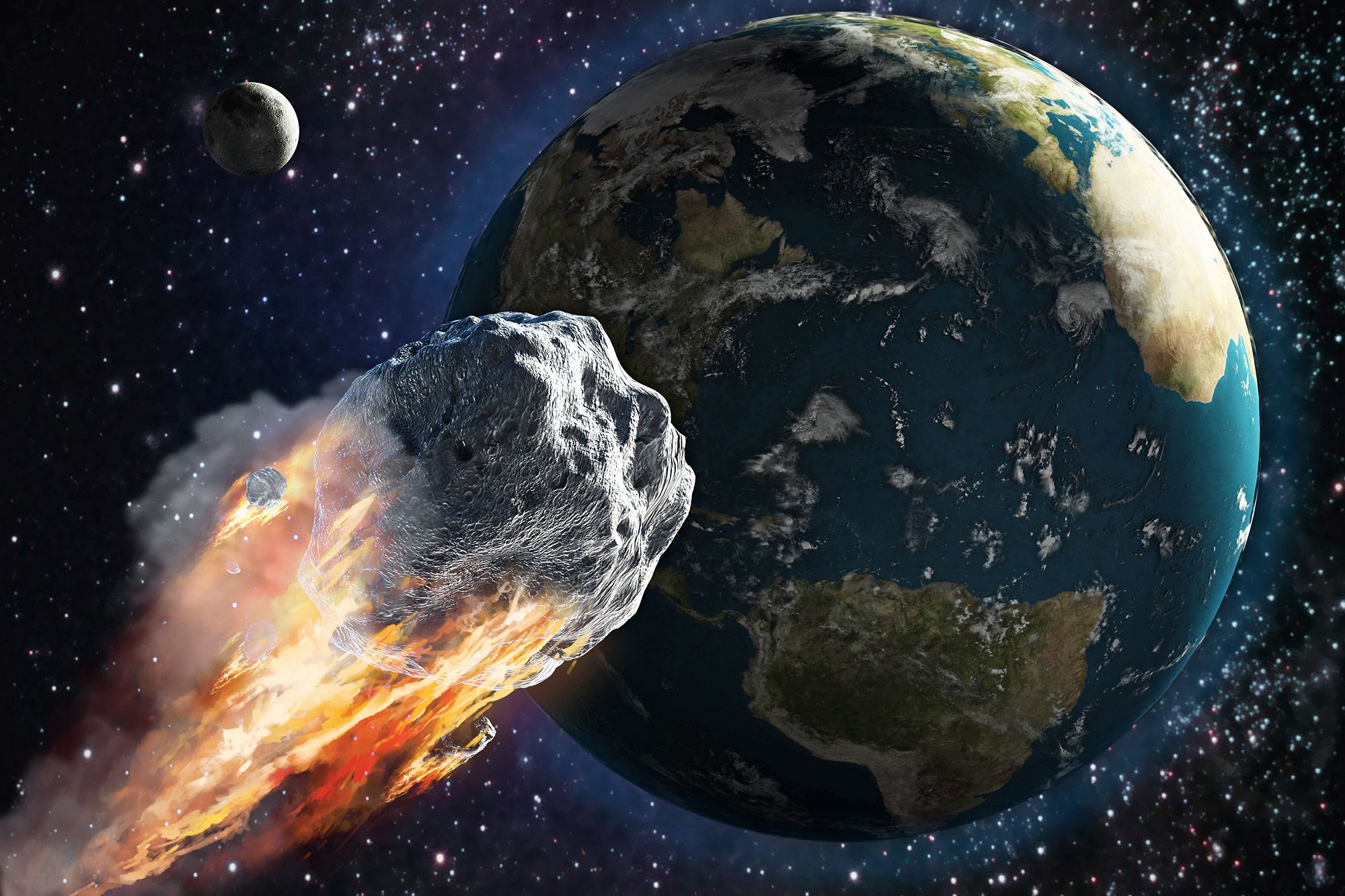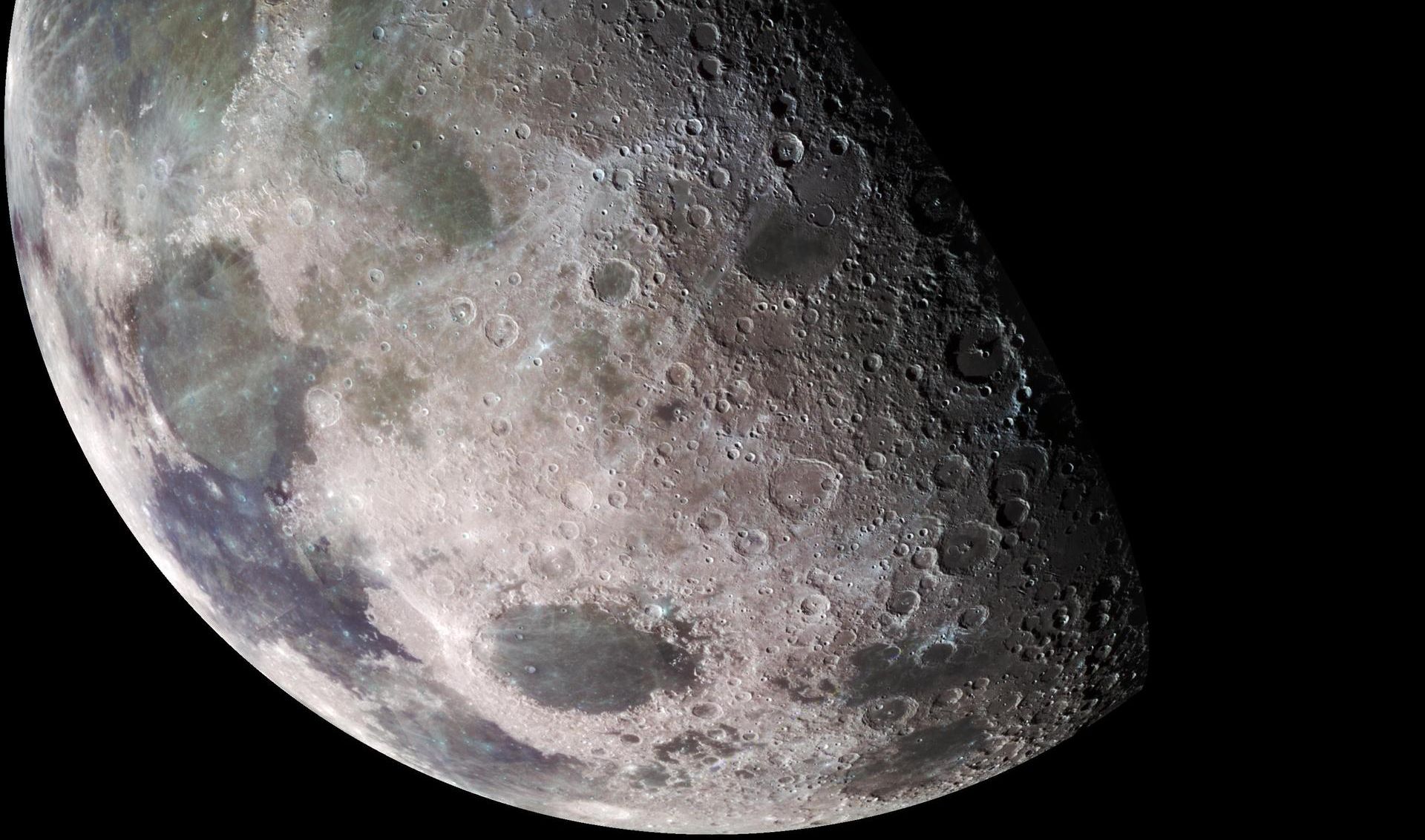
A Rocket Hit The Moon
You know you’re living in the space age when a rocket hits the moon, and the industry as a whole points to the sky and, like an angry teacher holding up a paper airplane, asks “Who launched this?!” Truly, that is what occurred this week as an unidentified rocket stage (!) impacted the lunar surface, forming a new and interesting crater and leaving us all wondering how it’s possible to not know what happened.

